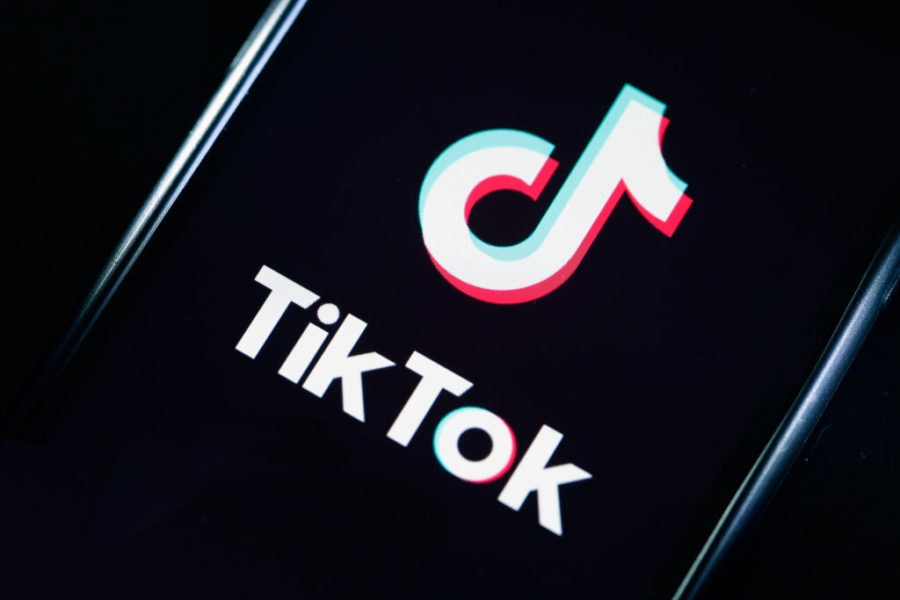Typewriters have obscure presence
March 3, 2000
Students are finding that older forms of technology are not only being replaced; they are becoming nearly nonexistent.
Typewriters are used by students applying for scholarships or higher positions to make the applications and envelopes look as professional as possible. However, few typewriters are available on campus without some searching.
“What is a typewriter?” joked Peter Siegel, director of Academic Information Technologies at the Computation Center. “I have not seen one for a long time.”
Two IBM Selectric typewriters are located in the Typewriter Room, room 297 on the second floor of Parks Library.
“[Computation Center officials] feel that forms should be accessible via computer,” Siegel said. “The group requiring the form to be typed should probably address this issue.”
The two typewriters in Parks Library were purchased in the late 1970s and now sit in a small, bare room with a note telling users most problems encountered can be solved by reading the directions posted on the wall.
A third typewriter is located in the Durham Center. However, it is locked up and rarely used.
Newer models of typewriters can be found in advising areas and other office spaces. However, they are not commonly available for student use.
In Buchanan Hall, residents can find two typewriters available for student use near the hall desk.
“There is one outside of the office that can be unlocked if students need it, and one in the office to check out to students with an ISU ID card free of charge,” said Lay-Lim Ong, senior in psychology and Buchanan resident.
Ong said the staff at the hall desk will help students if any questions arise.
Lauren Lamp, 1998 ISU alumna, said she can remember checking out a typewriter her sophomore year from the Friley Hall Desk while living in Helser Hall.
“I used a typewriter from the depot to fill out a scholarship form. All I had to do was hand them my student ID,” she said.
Lamp said even five years ago, typewriters were becoming obsolete and said most of her work was done on computers. She remembers simply handing in a disk for some assignments.
Joe Schany, customer service representative at Copyworks, 105 Welch Ave., said about 10 students a week use Copyworks’ single typewriter.
“We have professionals working with us that will help students with typing projects,” he said.
Schany said students often look for more advanced technology for projects than in the past.
“It’s all about design,” he said. “Typewriters just don’t do the job anymore.”






